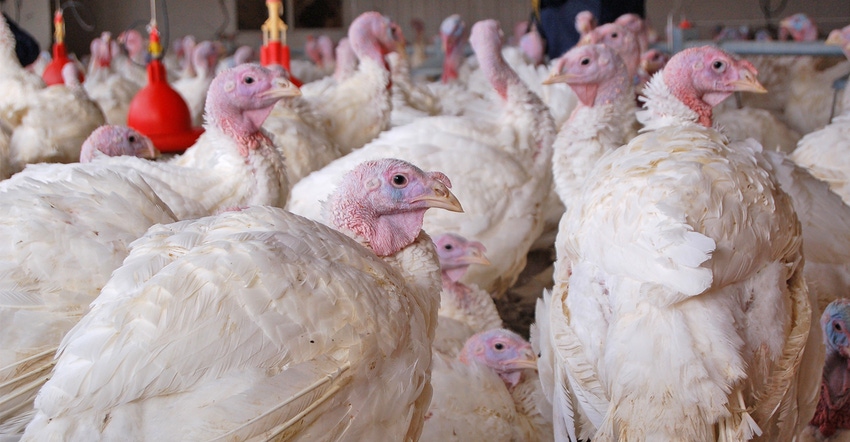
Poultry and egg organizations applauded news in early August about the government of Morocco intending to open its doors to commercial imports of U.S. chicken and poultry for the first time.
Initially, import quotas will limit the amount of product shipped. However, full market access will be granted by 2024 for turkey and 2030 for chicken.
“We’re very pleased after 14 years, since a free trade agreement was signed between our countries, for poultry to finally to have access,” said Jim Sumner, USA Poultry & Egg Export Council president, in a news release.
The U.S. had entered into a free trade agreement with Morocco in 2004. However, a health certificate was never negotiated, so no U.S. poultry entered the market. Extensive negotiations this year involving the USDA Foreign Agricultural Service, USDA Animal and Plant Health Inspection Service and USDA Food Safety and Inspection Service, and led by the U.S. Trade Representative’s Office, culminated with the opening of the market.
The final step came with Morocco issuing a health certificate.
A growing market
According to the poultry and egg council, Morocco is a growing market for further-processed products as well as raw poultry. There will be a duty-free quota of 6,400 metric tons for chicken parts. The quota will increase by 200 metric tons each year, until it eventually becomes unlimited. Initial estimates indicate that Morocco would be a $10 million market, with additional growth over time.
Unique to this agreement is that the U.S. is the only country with duty-free access for chicken, Sumner added. Morocco, being mostly a live bird market, does very little of its own chicken processing. The U.S. will have the opportunity to introduce many further-processed chicken and even turkey products to the Moroccan market.
With Minnesota ranking as the No. 1 turkey producer in the U.S., the potential trade impact is promising.
“Opening up new trade opportunities — along with maintaining the good trading partners we already have — is critical to maintaining the viability and growth of Minnesota’s poultry farmers and companies,” says Steve Olson, executive director of the Minnesota Turkey Growers Association, the Chicken and Egg Association of Minnesota and the Midwest Poultry Federation. “While we are just beginning to assess what a trade relationship with Morocco will mean, we know that the country is a growing market for both further-processed and raw poultry products. This is a very exciting opportunity for the poultry industry.”
Poultry exports key
According to USDA and the Minnesota Department of Agriculture, the value of Minnesota’s poultry exports — turkey, chicken and eggs — reached $162 million in 2016. Mexico was the state’s top poultry export country, followed by Canada, China, Taiwan and Japan. About half of Minnesota’s poultry exports are turkey. The rest are broiler meat and other poultry products.
Minnesota raises approximately 44 million turkeys annually, with nearly 1.2 billion pounds of turkey meat valued at nearly $900 million.
Minnesota is home to 450 turkey farm families who raise turkeys on nearly 600 farms.
The total value of broiler production in Minnesota is estimated at $123 million. Processing activities add $19 million to the value of broilers produced in Minnesota, and the industry contributes 1,343 direct jobs on-farm and in processing.
Broiler producers raised 59.7 million birds in 2017.
Altogether, the poultry industries in Minnesota support approximately 26,000 jobs in the state.
About the Author(s)
You May Also Like






